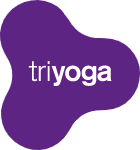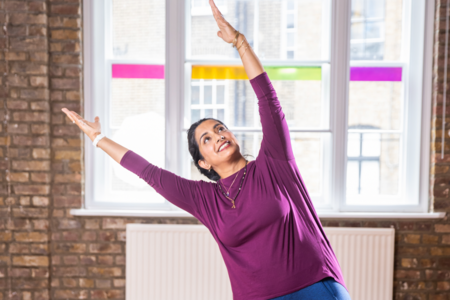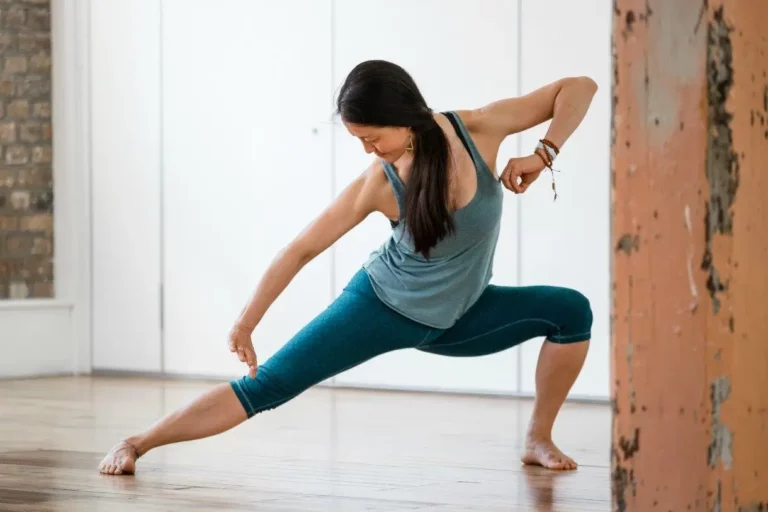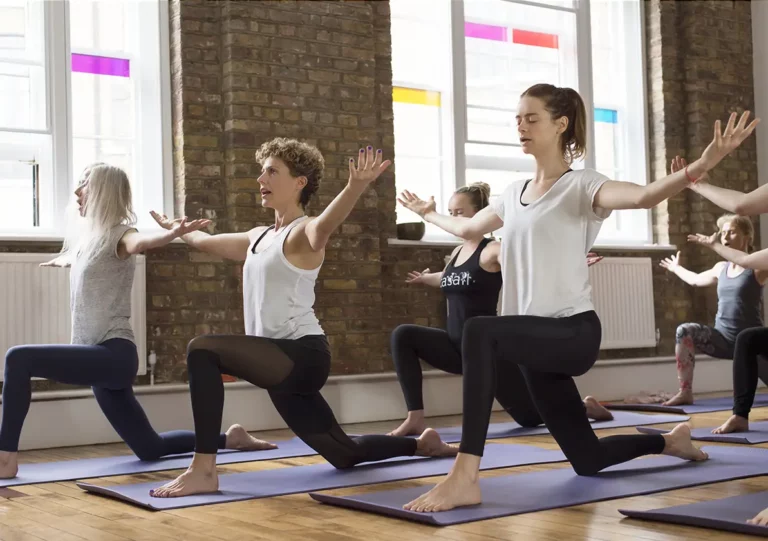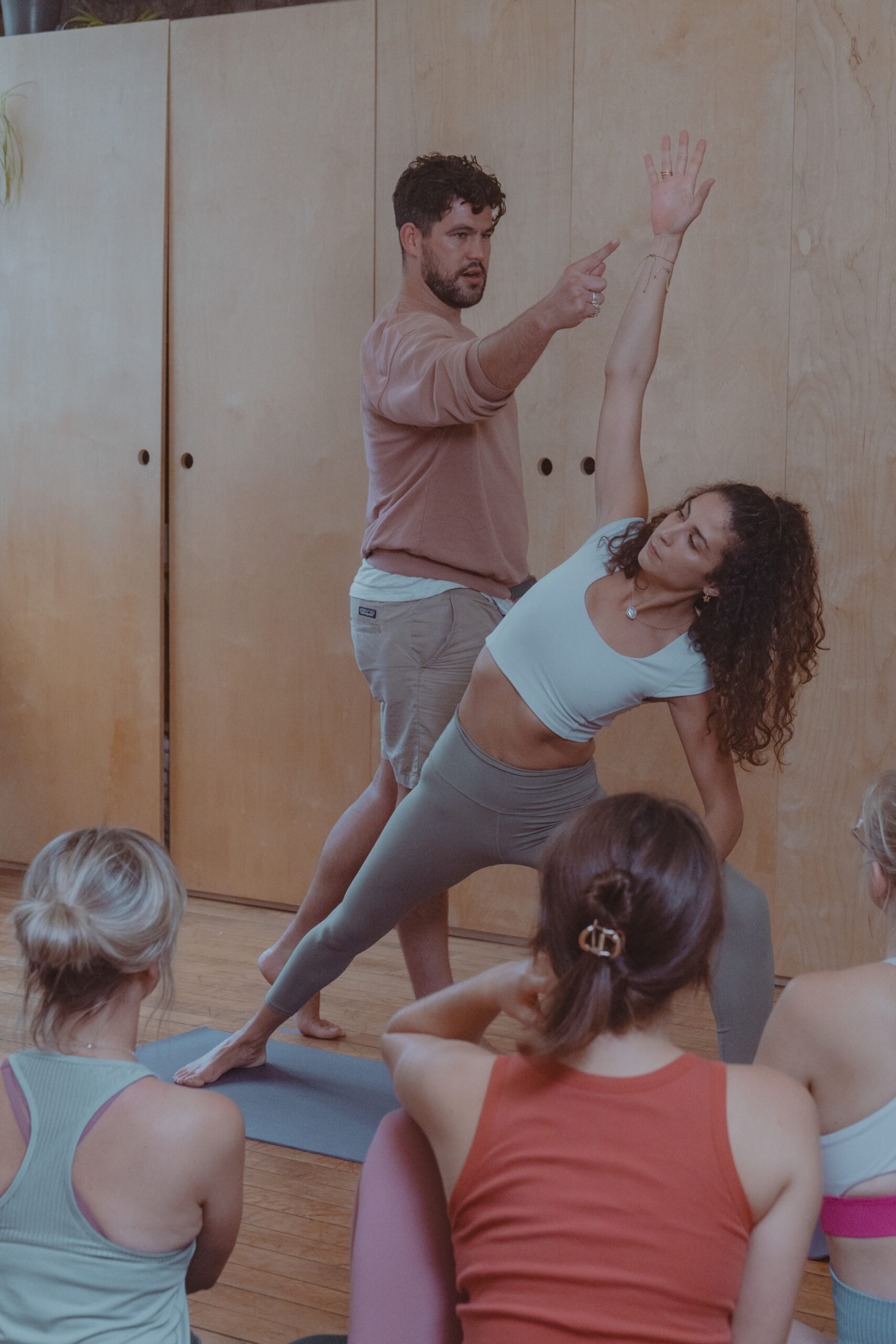The health benefits of social connection
Feeling connected to others and having strong social networks is important for our mental wellbeing and helps us to navigate the inevitable stressors of life. But did you know that it is also linked with physiological outcomes and even longevity? Studies have found that those who are more socially connected have lower blood pressure and higher life expectancy. The COVID-19 pandemic has taken a significant toll on our mental health and wellbeing. Physical distancing measures to reduce the spread of COVID-19 have led to increasing numbers of people feeling socially isolated, putting them at risk of mental health disorders such as depression and anxiety. In the UK and elsewhere, symptoms of psychological distress and anxiety have increased during the pandemic, with more people reporting feeling lonely.
However, loneliness was viewed as “a significant public health concern” even before the pandemic – and not just for older people – it has been increasing in young people at a faster rate than any other group. At a recent conference, Dr Adrian James, President of the Royal College of Psychiatrists, expressed his concerns about the deteriorating mental health of young people as they describe “losing connection with friends and family” during the pandemic. The potential negative consequences of social isolation and loneliness are sobering, with the impact on mental and physical health comparable to the effects of smoking and obesity.
So how can yoga help?
“I feel a sense of belonging when I’m in a class on my mat!” (yoga practitioner)
There is plenty of evidence to support the positive effects of regularly practising yoga on physical and mental health, but there has been increasing interest in its value for enhancing practitioners’ sense of connection to others.
“The social interaction from likeminded people enhances my life tenfold”
In a review of studies looking at the role of yoga in supporting mental health, Capon and colleagues highlight several ways in which yoga can enhance connectedness and social support. Firstly, by creating a sense of community and belonging, through meeting like-minded people and making new friends. The practical and emotional support provided by a group can be particularly powerful when groups with the same health condition practise together. Secondly, yoga facilitates greater self-awareness, so we are more able to understand and communicate our own needs and connect more deeply to others. Thirdly, yoga can enhance our existing interpersonal relationships by changing our attitudes and improving patience, kindness and compassion.
In a TEDx talk, Harvard neuroscientist Sara Lazar talks about how she began her research into the neuroanatomy of meditation and yoga after attending a yoga class. Despite her initial misgivings, she was surprised to find that she began to feel more compassionate and better able to see the perspective of others, leading to her explorations into yoga and brain neuroplasticity.
“Yoga engenders a nonreactive nature; this improves relationships” (US practitioner)
Reducing isolation through social prescribing
Social prescribing – referral of patients to non-clinical services – has been recommended to mitigate the effects of social isolation. We evaluated a yoga social prescribing programme – Yoga4Health – to explore its impact on patient’s health and wellbeing. Immediately after the 10 week course and three months later, patients reported feeling less isolated compared to when they began. In interviews they also described how much they valued the opportunity to connect with liked-minded people and benefit from a “warm and caring environment”. For some, the relationships formed during the programme encouraged them to continue to practise yoga beyond the end of the course. Like many other studies, the teacher was key to creating a safe and supportive space and “atmosphere of togetherness”.
Can we still feel connected across a screen?
“It is amazing being able to practice knowing other people are doing it too at the same time – togetherness”
The pandemic has changed how many of us practise yoga, with teachers and studios shifting to online classes during lockdown. Even though in-person classes have returned, many are continuing to adopt a hybrid model and enjoying the convenience and accessibility of online yoga. It raises the interesting question as to whether we can still reap the social benefits of yoga when practising online. During the first phase of the pandemic, 1185 yoga practitioners completed a survey about their experiences of online yoga. Appreciation of feeling part of a community was the most commonly cited benefit, as one participant said: “a nice sense of community with like-minded people during a hard time”. Practising with a familiar teacher and interacting with other students (and family) from around the world was highly valued. However, this was not the case for all practitioners, with some missing the “vibe” and “group energy” of practising with others in a physical space for a “more powerful” experience.
Consistent with in-person yoga studies, it appears that the teacher is the cornerstone for creating a safe and inclusive space that encourages connectedness: “My experience is enriched when the instructor knows me or says hello when my name appears on the screen.” Other studies pre-pandemic have found that online yoga is acceptable and associated with positive mental health outcomes when accompanied by personalised feedback.
In summary, we see consistently across a range of studies and populations, that yoga supports social wellbeing, providing a supportive environment where participants can connect with others, build and deepen relationships and empower individuals to look after their mental health. Keep practising!
Bio
Dr Tina Cartwright is a health psychologist at the University of Westminster. She is a lifelong yoga practitioner and conducts research into the health effects of yoga and how to optimise wellbeing.
E: [email protected] T:@TinaJCartwright
